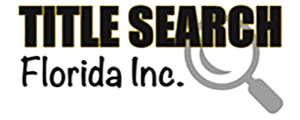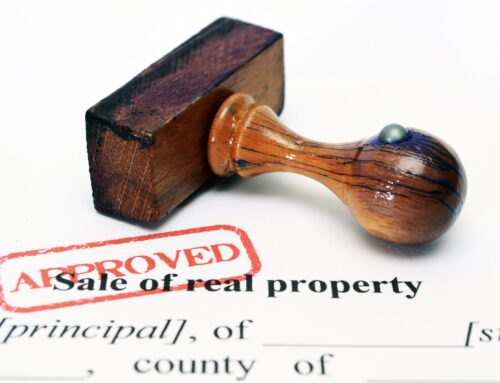In-Person Title Closing Can Be a Hassle
Choosing, buying, and moving into a new home is exciting. But not every step of the process is a delight for everyone. Going to the office of a title company or closing attorney can be a genuine inconvenience. Busy people who have to take off work or make arrangements for childcare while they do it. That’s one reason why digital closings, or e-closings as they’re sometimes called, are gaining in popularity.

Digital Closings: The Data
In fact, digital closings are a major new trend in real estate transactions. The American Land Title Association (ALTA) recently conducted a survey of more than 800 respondents. They found that 80% of title companies are offering digital closing or have an interest in doing so. Specifically, 11% of the title professionals have conducted e-closings. 19% have gone as far as researching applicable laws and vendors. 44% are considering the possibilities.
Of those who are interested but have yet to actually provide digital title closing, 31% plan to do so within the next year. Another 13% will do it within three years. 42% have not yet decided on a schedule.
The interest of title companies in electronic title closing is driven in part by changes in laws and procedures. Ginnie Mae is moving forward with a pilot program to accept e-notes. Freddie Mac and Fannie Mae are looking at digital closings and accepting e-mortgages.
Equally important if not more so is demand from lenders and customers. Two thirds of title companies have yet to receive a request for an electronic title closing, but one third have. Lenders were most likely to request digital closings (22%). Next come buyers (16%). Then come real estate agents (10%.)
After going through the title closing process one time, buyers may be more likely to want digital closings the next time around. So may younger buyers who are more comfortable with electronic transactions. Solidify conducted a survey of 1000 consumers who bought or refinanced their homes in the past two years. 70% would opt for a process that takes more advantage of electronic options.
How Do E-Closings Work?
Digital closings involve some combination of electronic documents, electronic signing, electronic notarization, and/or electronic storage. There are a number or varieties including webcam closings and RON closings. They vary according to who’s signing, when, where, and how.
Generally speaking, though, the core idea of digital closings is that documents are presented for signing electronically rather than in person. Within that framework, there are three variations.
Types of Digital Closings
- Hybrid. This option prints the Security Instrument, Promissory Note, and other documents for signing with pen and ink.
- E-sign. This options prints all documents for signing electronically with a notary present.
- Full E-sign. This option has all documents signed electronically with a notary present remotely. (The Mortgage Bankers Association and American Land Title Association have proposed model legislation for regulating remote notarization.)
Electronic storage of documents is likely involved, and electronic filing may be as well. The law dictates specific requirements for digital closings, and these vary from State to State. In Florida, starting on January 1, 2o2o, we will conduct remote closings as per HB 409.
Advantages of E-Closings
We’ve already alluded to one major advantage, the convenience of the consumer. But in fact, digital closings present other advantages as well. In fact, they provide advantages in five areas:
- Convenience. People can review documents and ask questions asked in advance, and they can close from any location. E-closings streamline the whole process.
- Speed. Digital closing deliver documents earlier, and there are shorter funding times and shorter signing appointments.
- Green. The process uses less paper and has a reduced carbon footprint for shipping and storing documents.
- Security. It’s easy to spot altered documents quickly, and it’s easy to control access to personal information.
- Quality. There’s no chance of missing signatures on documents, data validation is automated, and there’s improved accuracy and consistency in general.
In other words, digital closings provide for quicker service and better-informed borrowers. More specifically, they provide the following gains in efficiency for lenders and closing agents:
- Less document processing and handling effort, resulting in reduced costs.
- Less warehousing and document storage and thus reduced warehousing and document storage costs.
- Lenders receive signed documents more quickly.
- Reduced risk of missing signatures or lenders receiving incomplete signing packages.
- Reduced document certification costs.
- It’s easier to comply with regulatory requirements.
- Reduced risk for warehouse lenders and servicers.
Whether you’re interested in an e-closing or the traditional kind, we invite you to contact Title Search Florida. We have the knowhow to make the process as smooth, safe, and generally satisfactory as possible.






